Deliveries of Russian military equipment to Iraqi armed forces
Already in the first days of the conflict, the Iraqi army lost a certain amount of armament and equipment, which was left to the enemy. Because of this, official Baghdad was forced to turn to foreign countries for help. To date, a number of states have been providing political support to Iraq. In addition, the United States began to apply aviation attacks on the positions of the Islamic State. Russia did not stand aside. A few days after the militants attacked, the Iraqi leadership asked our country to sell military equipment that could be used in the fight against the enemy.
Russia and Iraq have a solid experience of cooperation in the military-technical sphere, although after the change of power in the first half of the two thousand years, such cooperation was sporadic. Nevertheless, the militant attack and the peculiarities of cooperation with third countries affected Baghdad’s plans and actions. The armed forces of Iraq are seriously in need of combat aviation, since part of the aircraft and helicopters of the Air Force were destroyed or captured by the enemy. High hopes were pinned on the supply of American F-16 fighter-bombers ordered in September 2011. However, for a number of reasons, the US cannot yet begin to supply this equipment, despite all the requests of the Iraqi military.
Needing military equipment, Iraq turned to Russia for help. In late June, there were reports of the first case of such cooperation, caused by the attack of militants. On the twentieth of June, Iraqi Prime Minister Nouri al-Maliki announced the purchase of six Sukhoi fighter jets, which will soon be transferred to his country's air force. The official did not name a specific type of aircraft, but it soon became clear that we are talking about the Su-30K fighter jets.
According to the information that soon appeared, Iraq acquired six Su-30K fighters built for the Indian Air Force. In the late nineties, Russia sold 18 fighters of this model to the Indian military, which were exploited until the 2008 year. After that, the aircraft were returned to the manufacturing country, and the Indian Air Force purchased new Su-30MKI. After returning to Russia, the aircraft were repaired and upgraded, with some of the fighters being repaired at the 558 aircraft repair plant in Baranovichi (Republic of Belarus).
From the 18 aircraft returned by India, 12 became the subject of a contract with Angola. The transfer of equipment in accordance with this agreement will begin next year. The remaining six cars, apparently, were sold to Iraq, in need of urgent deliveries of aircraft. In late June, the Su-30K fighters were handed over to the customer.
At the very beginning of July, new information appeared on cooperation in the field of combat aviation. It was reported that by the end of June, the parties had time to discuss, conclude and partially fulfill the contract for the supply of Su-25 attack aircraft. In late June, several such aircraft were sent to Iraq. According to reports, Russia has transferred 5-6 aircraft to Iraq. The attack aircraft were delivered unassembled. Iraqi specialists had to prepare them for use in the troops.
Later, some details of the deal appeared in the domestic press. So, in total, more than 10 stormtroopers were ordered, with a total value of about 500 million US dollars. In addition, some Russian media claimed that the planes transferred to Iraq were taken from Russian storage bases and some of them could have been used in the war in Afghanistan. A little later, the Iraqi Air Force fleet was replenished with Su-25 aircraft, transferred by Iran.
Recent ones news On the supply of Russian aviation technology in Iraq appeared in late August. In 2012, Russia and Iraq signed a contract for the supply of attack helicopters Mi-28НЭ. In accordance with this document, the Middle Eastern state was to receive 40 helicopters. Slightly less than half of the ordered cars were delivered last fall and this winter. On August 30, the Iraqi Ministry of Defense announced the delivery of a new batch of percussion machines. A little later, the number of helicopters in this batch was announced: the Iraqi Air Force received three new cars.
Combat aviation must strike at the positions of the militants of the "Islamic state", but the ground forces remain the lead in the battles. The rather rapid attack of the militants affected both the quantitative and qualitative features of the equipment of the Iraqi army. Because of this, Baghdad was forced to make several orders for the supply of ground military equipment.
In July, part of the ordered BM-21 “Grad” multiple launch rocket systems was delivered to Iraq. In total, Baghdad ordered three divisions of such machines. Each division may include up to 18 combat vehicles. In addition to self-propelled launchers, the Iraqi military ordered a large quantity of ammunition for them. This technique will be used to strike at militant positions at a distance of up to several tens of kilometers.
Also at the end of July, photographs were published of the unloading of the Russian An-124 aircraft that delivered the TOS-1A Solntsepe flame-thrower systems to Iraq. Previously, there was no information about the purchase of this equipment, because of which its delivery attracted a lot of attention. The cargo plane delivered at least one self-propelled launcher and one transport-charging vehicle of the TOC-1A complex.
At the end of July and the beginning of August, there were reports in the Russian media about further cooperation with Iraq, received from sources in the Ministry of Defense and the defense complex. In addition to the Gradov (two or three battalions) and the Solntsepek (four complexes), the Iraqi military wants to receive several Msta-B howitzers battalions, several types of mortars, as well as various ammunition for the ordered systems.
The total cost of all the artillery systems planned for delivery exceeds 1 billion dollars. The relevant agreements were signed on the twentieth of July during the visit of the Iraqi delegation to Moscow. Deliveries are supposed to be carried out both through the production of new equipment and using existing stocks.
The Islamic State organization is a great danger for Iraq and a number of countries in the Middle East. The specifics of the current conflict forces the Iraqi leadership to make decisions as quickly as possible and turn to those suppliers of weapons and equipment that can complete the order in the shortest possible time. As events of recent months have shown, Russia is capable of fulfilling defense orders under tight deadlines. Recall that the first information about the delivery of combat aircraft to Iraq appeared at the end of June, i.e. just three weeks after the start of the fighting.
Unexpected orders of Iraq are beneficial to Russia from an economic point of view, since the Middle Eastern state is ready to pay about a billion dollars for artillery systems alone. In addition, the resulting contracts stimulate the industry, providing it with new orders. Finally, the delivery of equipment withdrawn from storage can also be considered a positive consequence of nature, since it allows you to receive money for unused and possibly unnecessary equipment without making adjustments to the production plan for the new one.
Russia fulfills the conditions of the new contracts and supplies Iraq with various military equipment and ammunition that will be used to fight the militants of the Islamic State. Despite the minimum time, Russia fulfills its contractual obligations and plays a certain role in the fight against the militants. However, the final victory over them is the task of the armed forces of Iraq.
On the materials of the sites:
http://ria.ru/
http://lenta.ru/
http://rg.ru/
http://interfax.ru/
http://bmpd.livejournal.com/
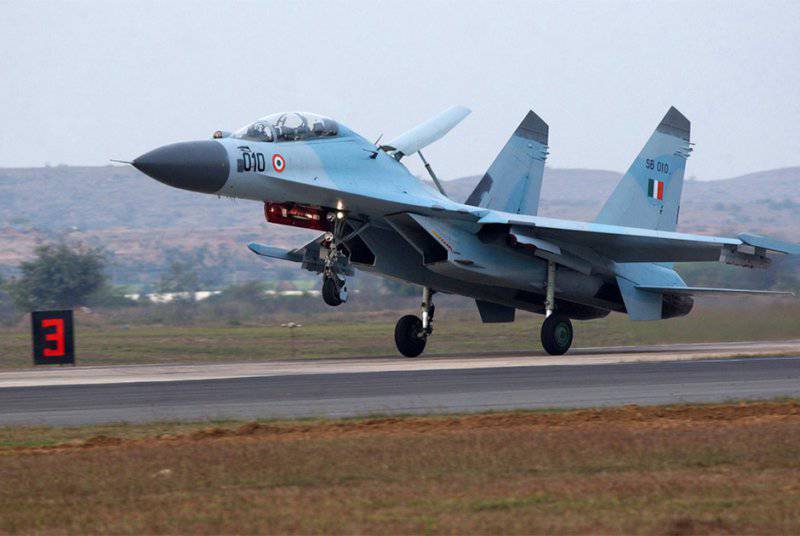
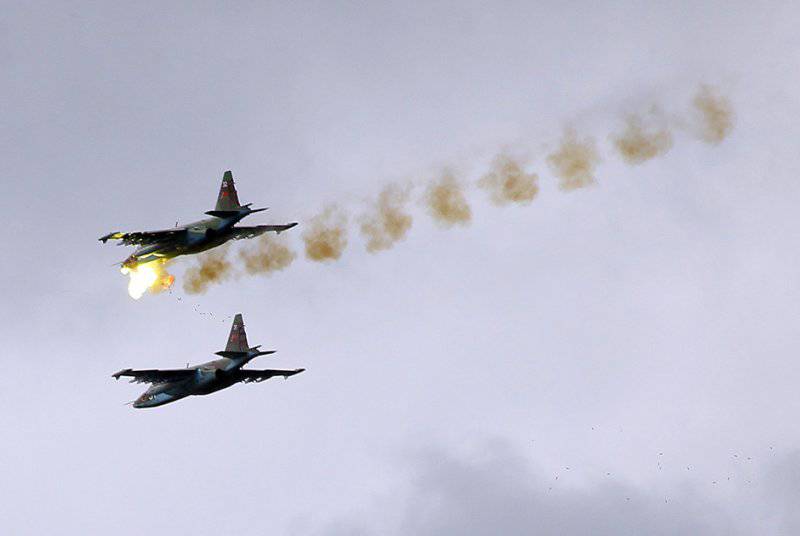
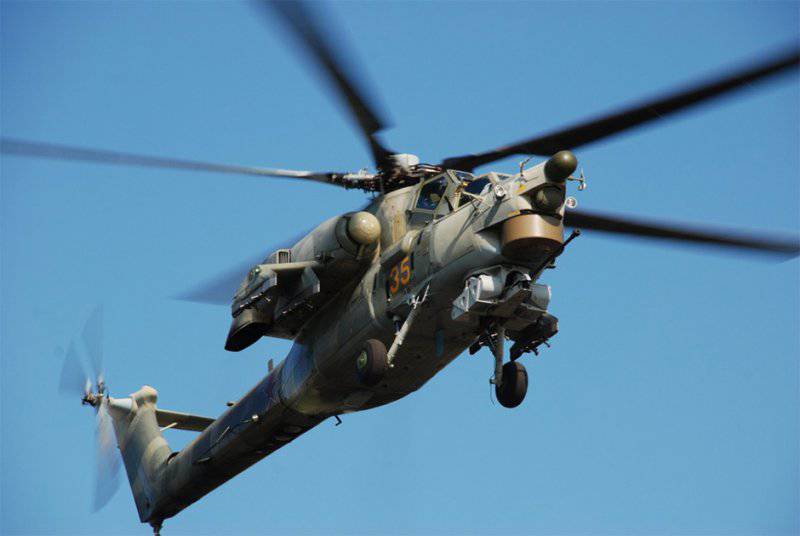
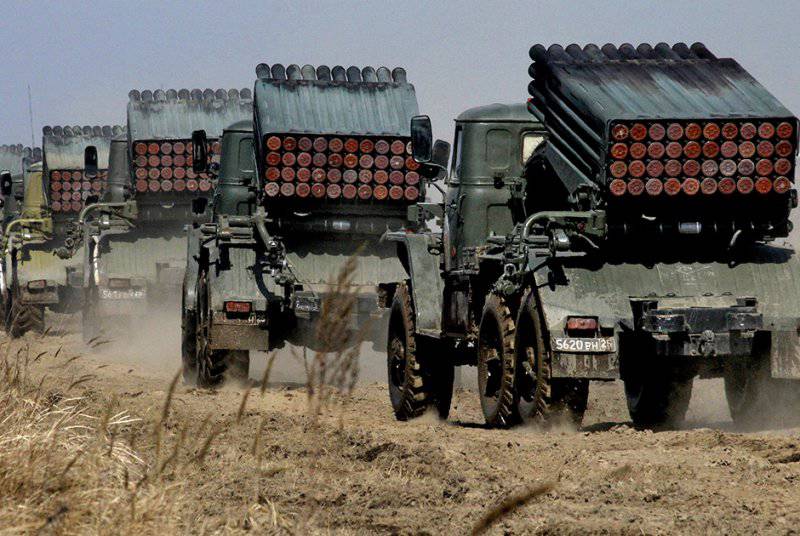
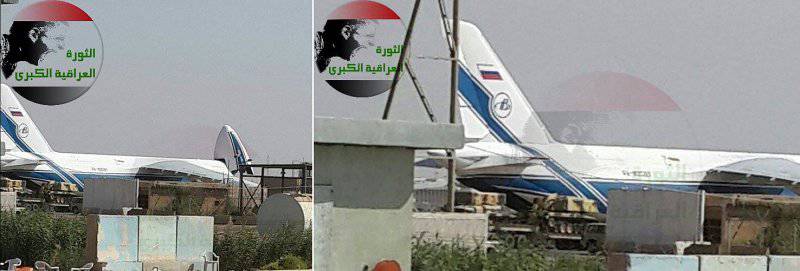
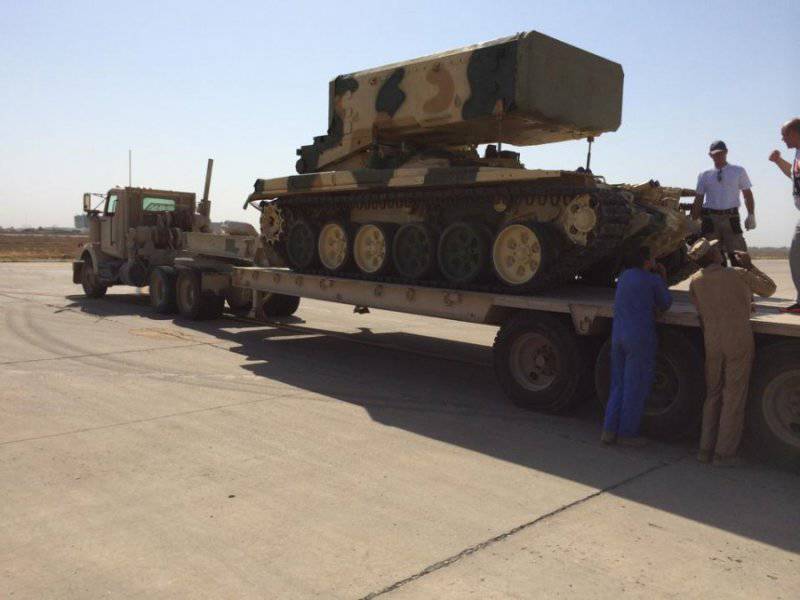
Information